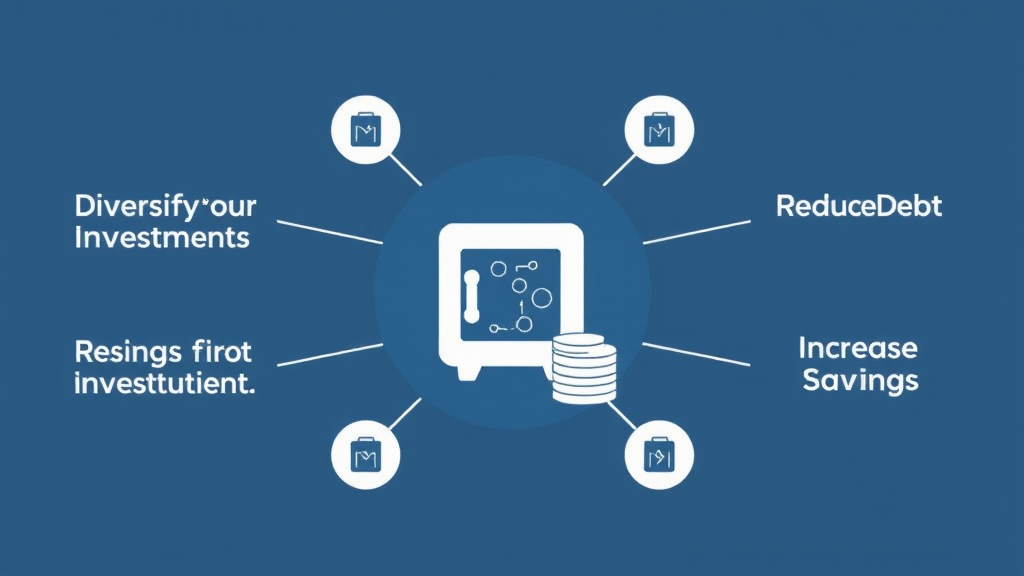Introduction to Fintech Innovations
Defining Fintech and Its Importance
Fintech, or financial technology, encompasses innovations that enhance financial services . It integrates technology into offerings, improving efficiency and accessibility. Key areas include mobile banking, peer-to-peer lending, and blockchain applications. These innovations streamline processes and reduce costs.
For instance, mobile banking allows users to manage accounts remotely. This convenience is crucial in today’s fast-paced world. Peer-to-peer lending connects borrowers directly with lenders, bypassing traditional banks. It fosters competition and often results in better rates.
Moreover, blockchain technology enhances security and transparency. It provides a decentralized book of account for transactions. This reduces fraud risk significantly.
In summary, fintech is reshaping the financial landscape. It empowers consumers and businesses alike. Embrace these changes for better financial management.
Overview of Current Trends in Fintech
Current trends in fintech include the rise of digital wallets and robo-advisors. These tools enhance user experience and investment strategies. Digital wallets facilitate seamless transactions. They are convenient and secure. Robo-advisors use algorithms for personalized financial advice. This democratizes access to investment management.
Additionally, open banking is gaining traction. It promotes data sharing among financial institutions. This fosters innovation and competition. Collaboration is key in this evolving landscape. Embrace these trends for better financial outcomes.
The Role of Blockchain Technology
Understanding Blockchain Basics
Blockchain technology is a decentralized ledger system. It records transactions across multiple nodes securely. This enhances transparency and reduces fraud risk. Each block contains a cryptographic hash of the previous one. This ensures data integrity and immutability.
Smart contracts automate processes without intermediaries. They exechte agreements based on predefined conditions. This increases efficiency and reduces costs. Understanding blockchain is essential for future finance . It’s a game changer in the industry.
Blockchain’s Impact on Banking Security
Blockchain significantly enhances banking security through its decentralized architecture. This structure minimizes the risk of data breaches. Each transaction is encrypted and linked to previous entries. This creates a secure chain of information. Additionally, the consensus mechanism ensures that all participants validate transactions. This reduces the likelihood of fraudulent activities.
Moreover, blockchain’s transparency allows for real-time auditing. Stakeholders can verify transactions without intermediaries. This fosters trust among users. He recognizes the importance of these features. They are crucial for modern banking systems.
Cryptocurrencies and Their Influence
How Cryptocurrencies Are Reshaping Payments
Cryptocurrencies are revolutionizing payment systems globally. They offer faster transaction speeds compared to traditional methods. This efficiency reduces costs associated with cross-border payments. Additionally, cryptocurrencies provide greater accessibility for unbanked populations. He sees this as a significant advantage.
Moreover, the use of blockchain technology enhances security. Transactions are recorded transparently and immutably. This builds trust among users. He believes this shift is transformative. It changes how people perceive money.
The Rise of Decentralized Finance (DeFi)
The rise of decentralized finance (DeFi) is transforming traditional financial systems. DeFi platforms utilize smart contracts to facilitate transactions without intermediaries. This reduces costs and increases efficiency. He notes that users can lend, borrow, and trade assets directly.
Additionally, DeFi enhances financial inclusivity. It allows individuals without bank accounts to access financial services. This is a significant development. The transparency of blockchain technology fosters trust. He believes this innovation is crucial for future finance.
Artificial Intelligence in Banking
AI-Powered Customer Service Solutions
AI-powered customer service solutions are revolutionizing banking operations. They enhance efficiency by automating routine inquiries. This allows human agents to focus on complex issues. He observes that chatbots provide ⁄7 support. This improves customer satisfaction significantly.
Furthermore, AI analyzes customer data to personalize interactions. This targeted approach increases engagement and loyalty. He believes that these advancements are essential for competitive advantage. They streamline processes and reduce operational costs.
Risk Management and Fraud Detection
Artificial intelligence enhances risk management and fraud detection in banking. It analyzes vast amounts of transaction data in real time. This capability identifies unusual patterns quickly. He notes that machine learning algorithms improve over time. They adapt to new fraud tactics effectively.
Additionally, AI can assess credit risk more accurately. This leads to better lending decisions. He believes that these tools are vital for financial institutions. They protect assets and maintain customer trust.
Regulatory Challenges and Opportunities
Understanding Global Regulatory Frameworks
Understanding global regulatory frameworks is essential for financial institutions. These frameworks vary significantly across jurisdictions. Compliance can be complex and costly. He recognizes that navigating these regulations requires expertise.
Moreover, regulatory changes can create both challenges and opportunities. Institutions must adapt quickly to remain competitive. This adaptability can lead to innovative solutions. He believes that proactive compliance strategies are crucial. They mitigate risks and enhance reputation.
How Regulations Shape Fintech Innovations
Regulations significantly influence fintech innovations and development. They establish the framework within which companies operate. Compliance can drive innovation by necessitating new solutions. He observes that regulations can also stifle creative thinking.
Moreover, regulatory clarity fosters investor confidence. This encourages funding for innovative projects. He believes that collaboration between regulators and fintech firms is essential. It can lead to balanced and effective regulations.
Future Trends in Fintech
Emerging Technologies to Watch
Emerging technologies are reshaping the fintech landscape significantly. Artificial intelligence enhances decision-making and customer interactions. He notes that machine learning algorithms improve risk assessment. Blockchain technology increases transparency and security in transactions.
Additionally, quantum computing promises to revolutionize data processing. This could lead to faster transaction speeds and enhanced security. He believes that these advancements will drive innovation. Staying informed about these trends is crucial for success.
Predictions for the Next Decade
In the next decade, fintech will likely see significant advancements. Digital currencies may become mainstream payment options. He anticipates increased adoption of decentralized finance solutions. This will enhance financial inclusivity for underserved populations.
Moreover, regulatory frameworks will evolve to accommodate innovations. This could foster a more stable environment. He believes that collaboration between fintech and traditional banks will grow. It’s essential for mutual success in the industry.
Conclusion: The Future of Banking
Summarizing Key Takeaways
The future of banking will be shaped by technological advancements. Innovations like AI and blockchain will enhance efficiency. He believes these tools will improve customer experiences. Additionally, regulatory frameworks will adapt to new challenges. This will create a more secure environment. He emphasizes the importance of collaboration in the industry. It fosters growth and innovation for all stakeholders.
Call to Action for Inwustry Stakeholders
Industry stakeholders must embrace innovation proactively. Collaboration between fintech firms and traditional banks is essential. He believes this partnership will drive growth. Additionally, stakeholders should prioritize regulatory compliance. This ensures a secure operating environment. He urges them to invest in emerging technologies. It’s crucial for staying competitive in the market.









